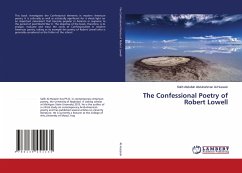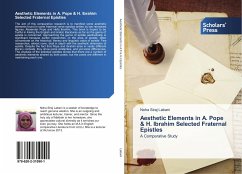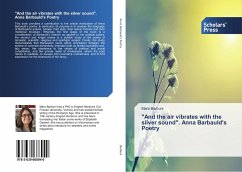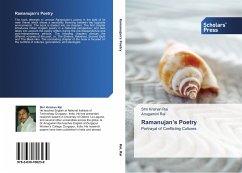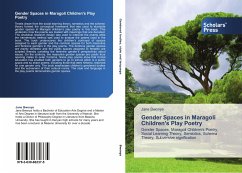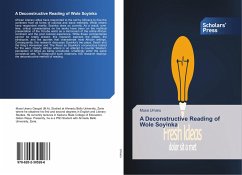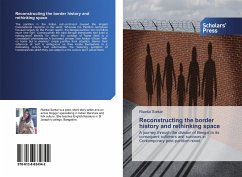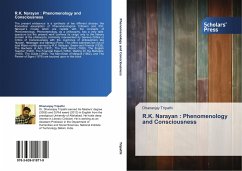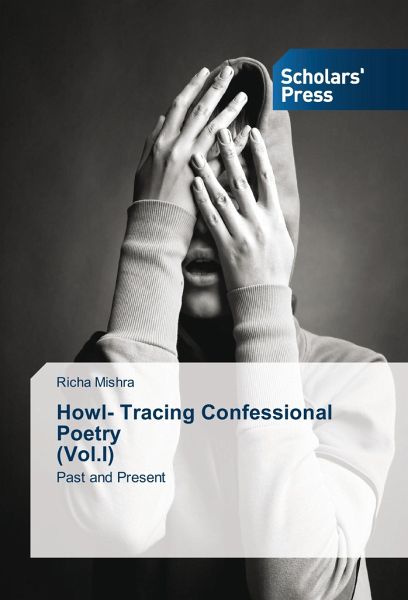
Howl- Tracing Confessional Poetry (Vol.I)
Past and Present
Versandkostenfrei!
Versandfertig in 6-10 Tagen
30,99 €
inkl. MwSt.

PAYBACK Punkte
15 °P sammeln!
The definition and characteristics of 'Confessional Poetry' goes beyond descriptions such as "subjective", "revelation", "a declaration of dependence, or of guilt, or of anguish and sufferings"; the courtship of the 'confessional' poet with death and destruction, to achieve higher levels of perception. The "confession" actually starts with the "memory' and with Introspection goes deeper, farther, as in Plath and Das in many directions, discovering more faces, listening to move words and more cries. Memory triggers off trauma, and this, when expressed in poems it often leads to guilt and anger....
The definition and characteristics of 'Confessional Poetry' goes beyond descriptions such as "subjective", "revelation", "a declaration of dependence, or of guilt, or of anguish and sufferings"; the courtship of the 'confessional' poet with death and destruction, to achieve higher levels of perception. The "confession" actually starts with the "memory' and with Introspection goes deeper, farther, as in Plath and Das in many directions, discovering more faces, listening to move words and more cries. Memory triggers off trauma, and this, when expressed in poems it often leads to guilt and anger. Writing and reading these experiences that are confessional in nature, produce and enable "change". They hold the capacity to transform. They forces the writer to seek a kind of penance, forgiveness and through that a reconciliation; and the reader to empathize and sympathize.



